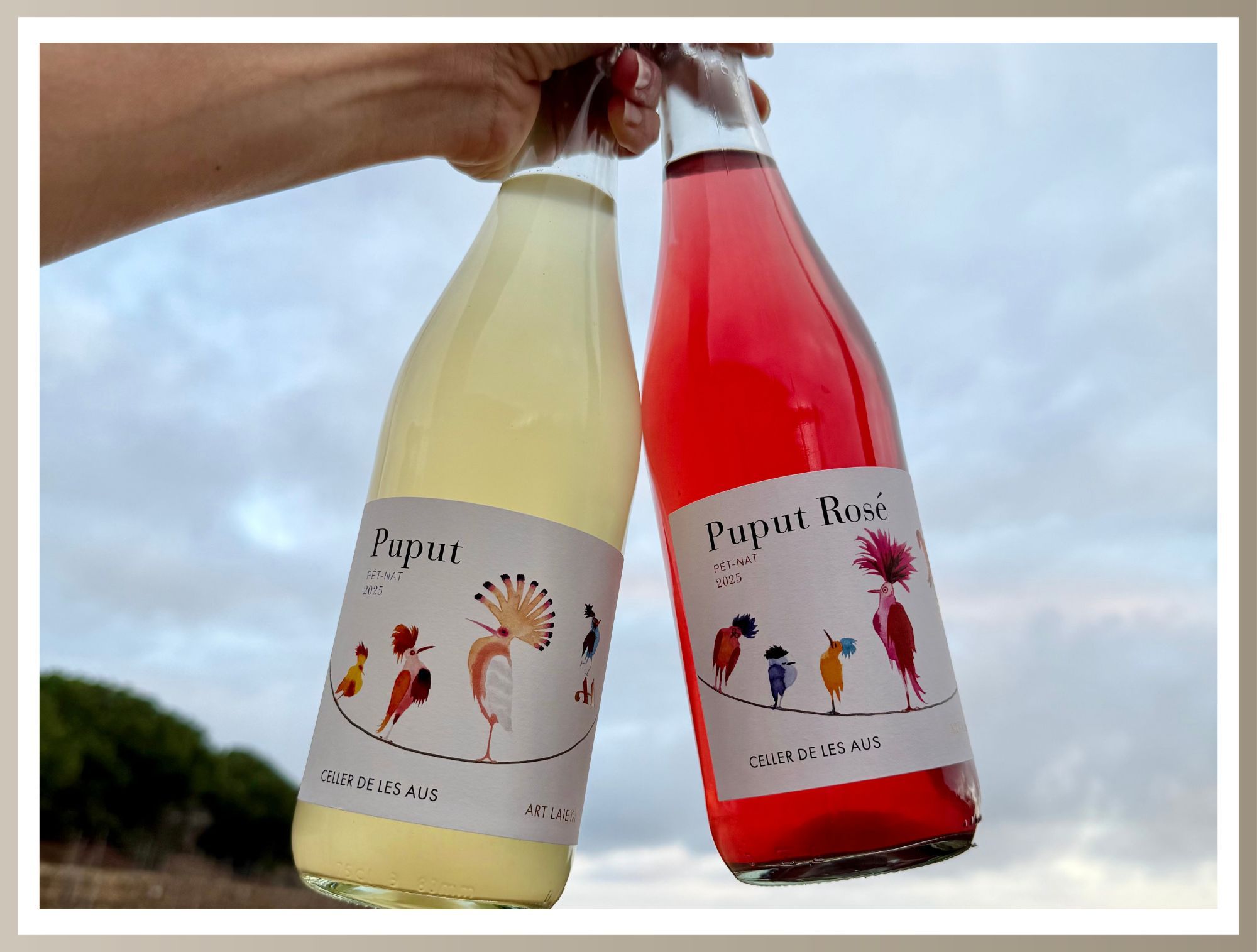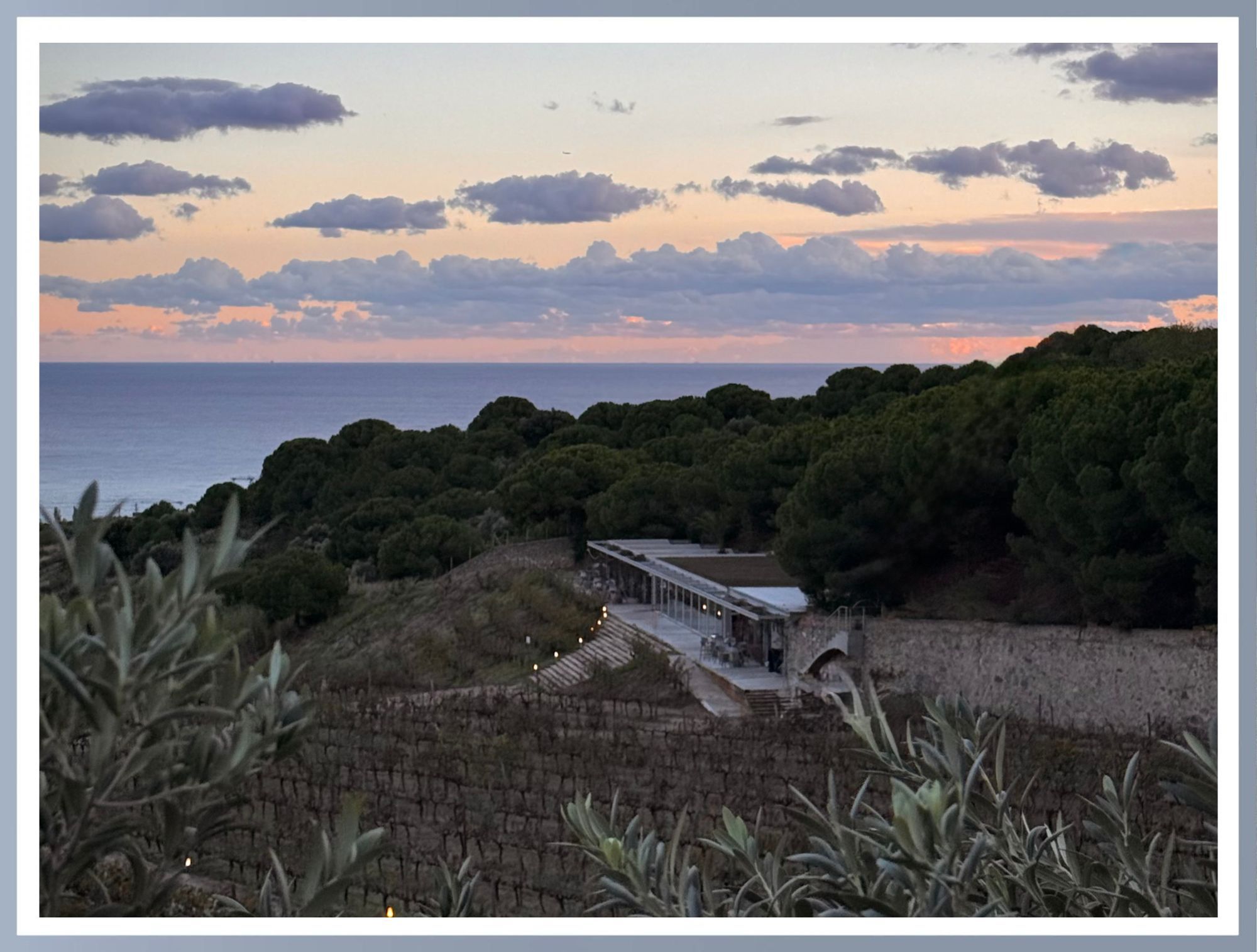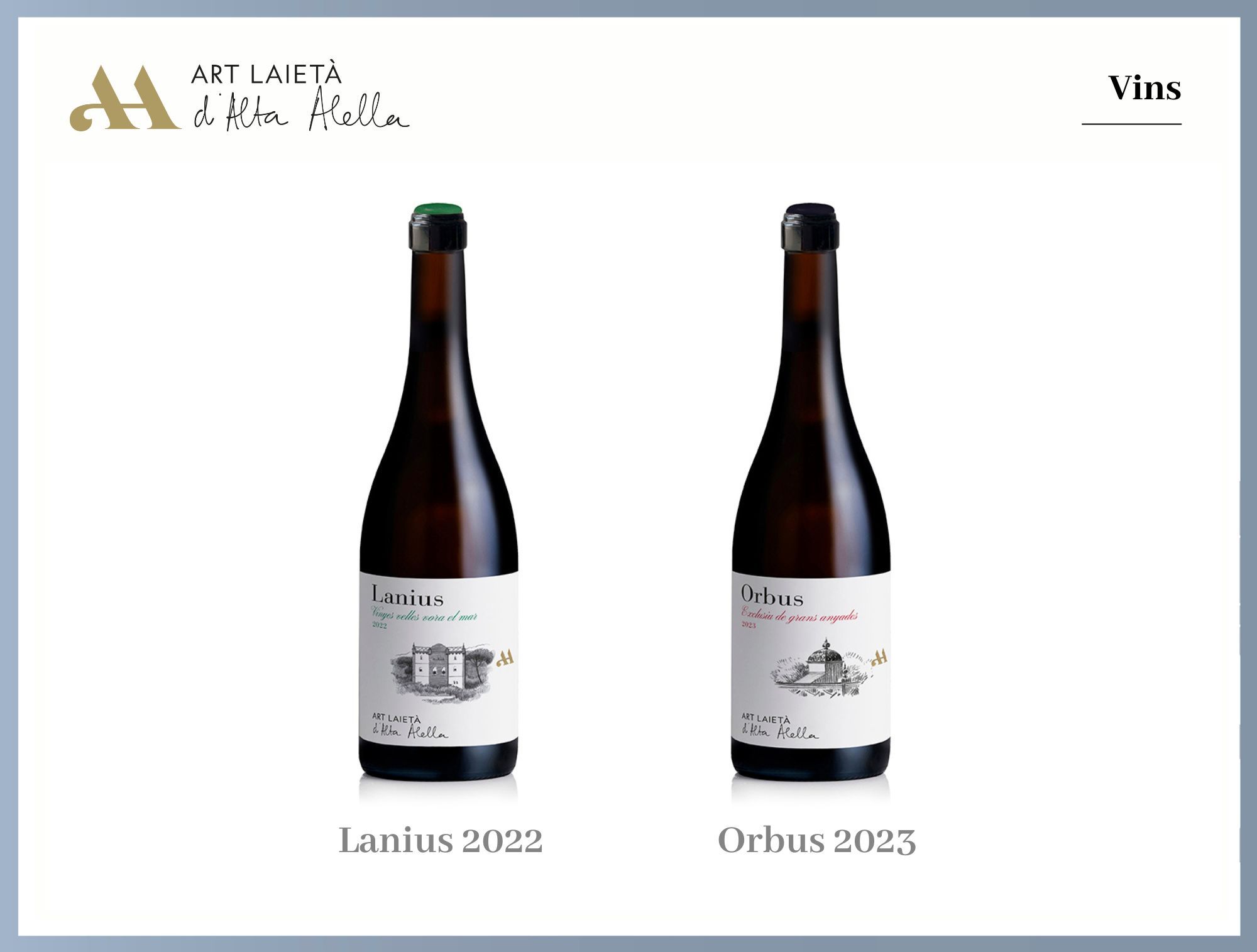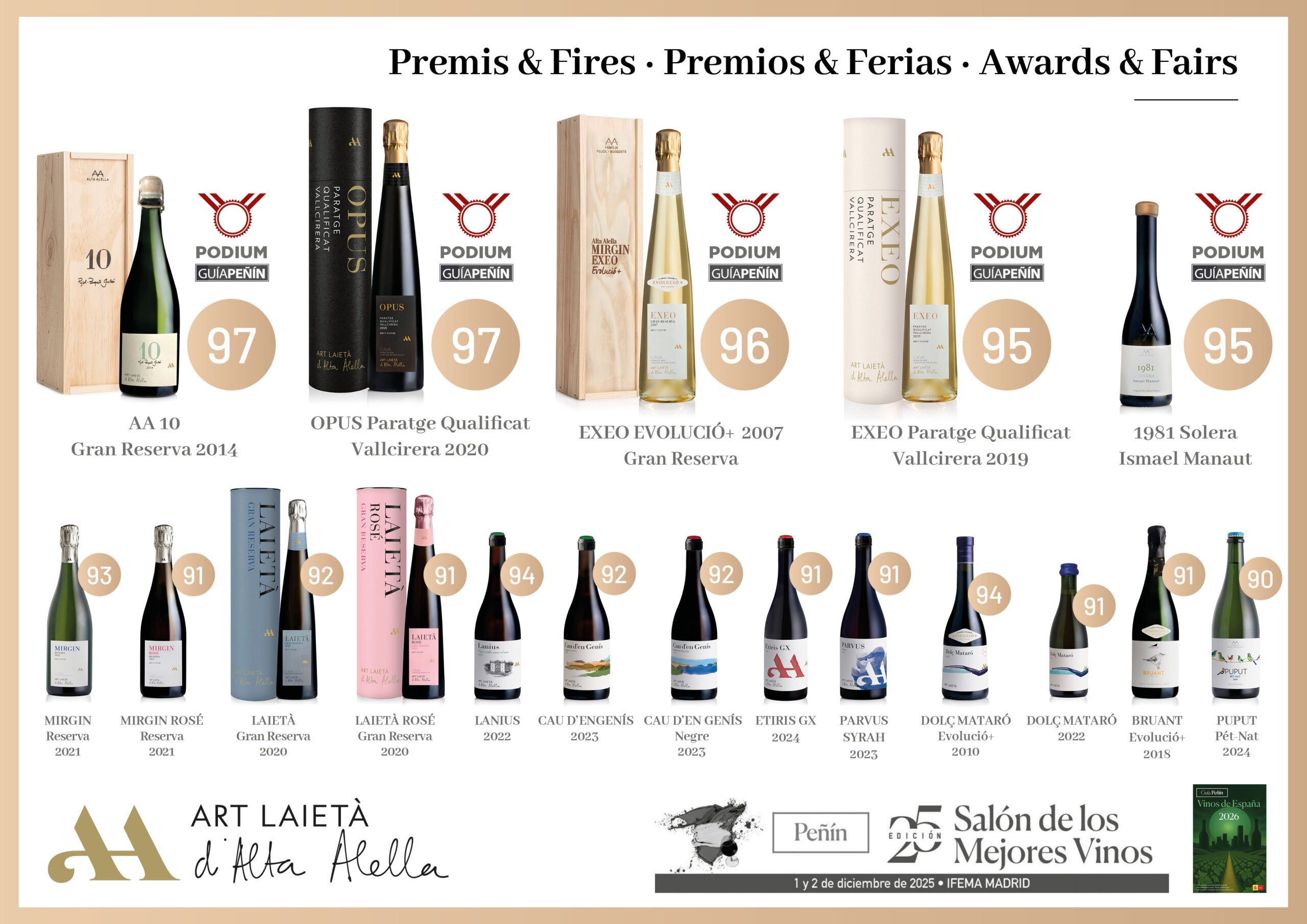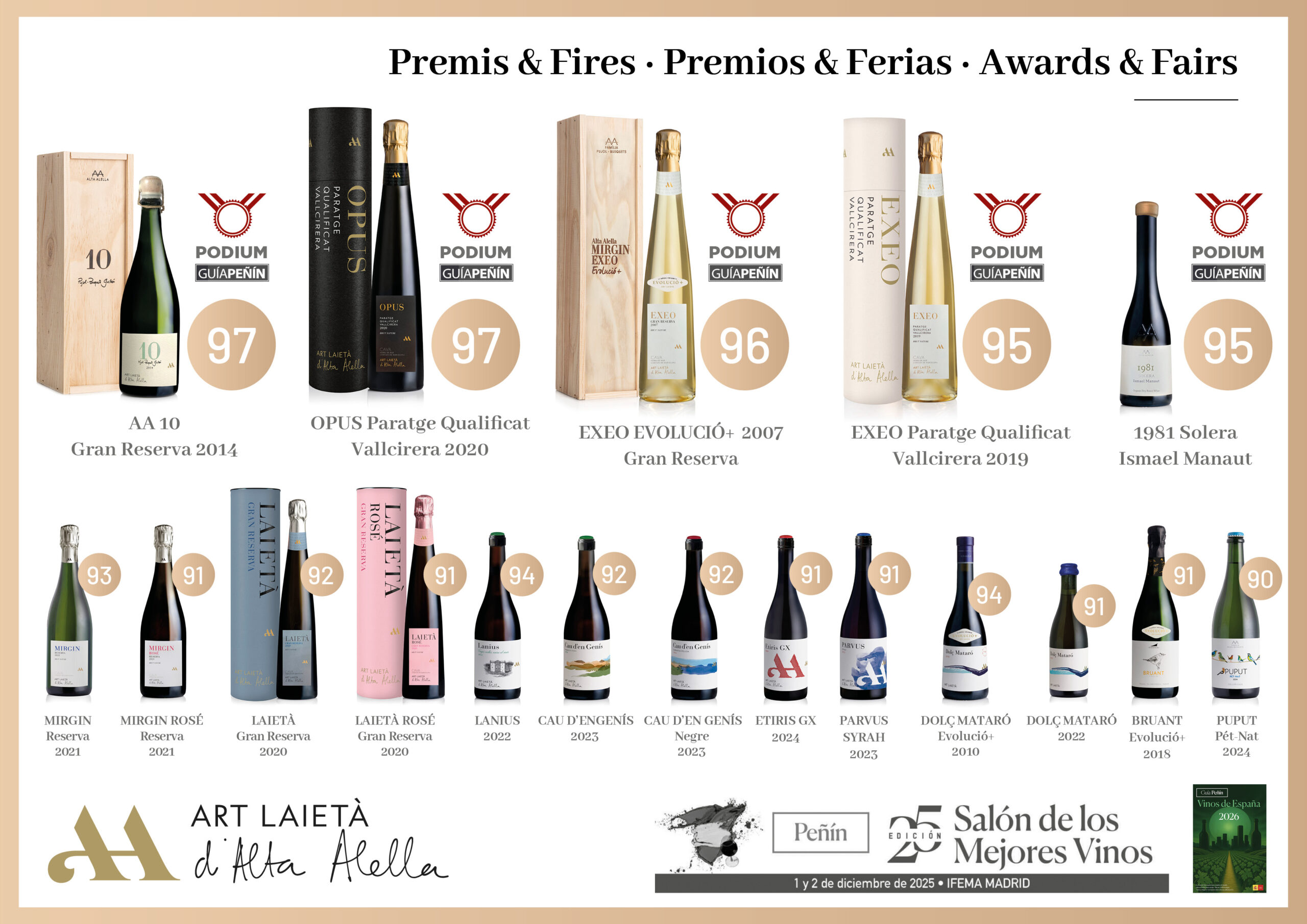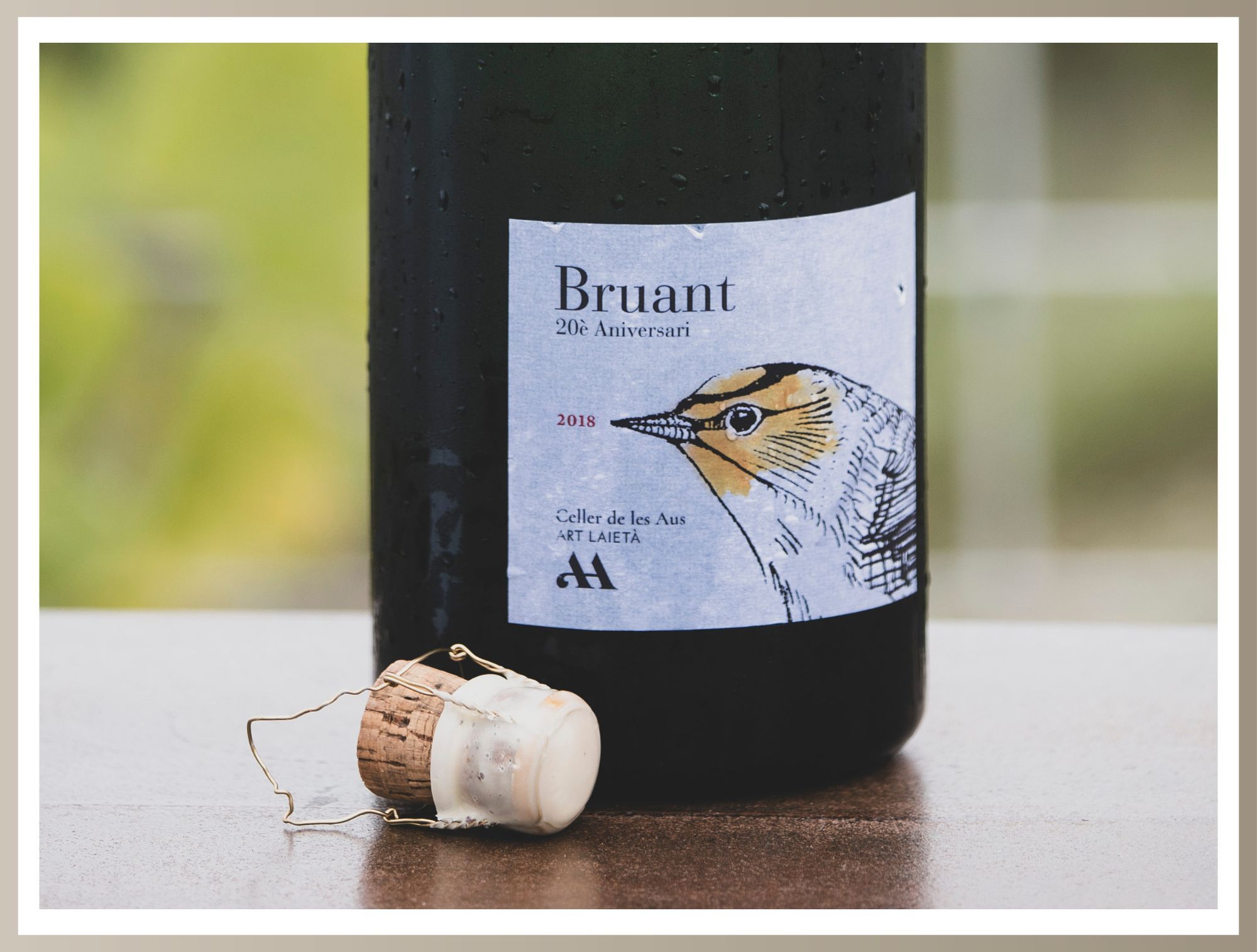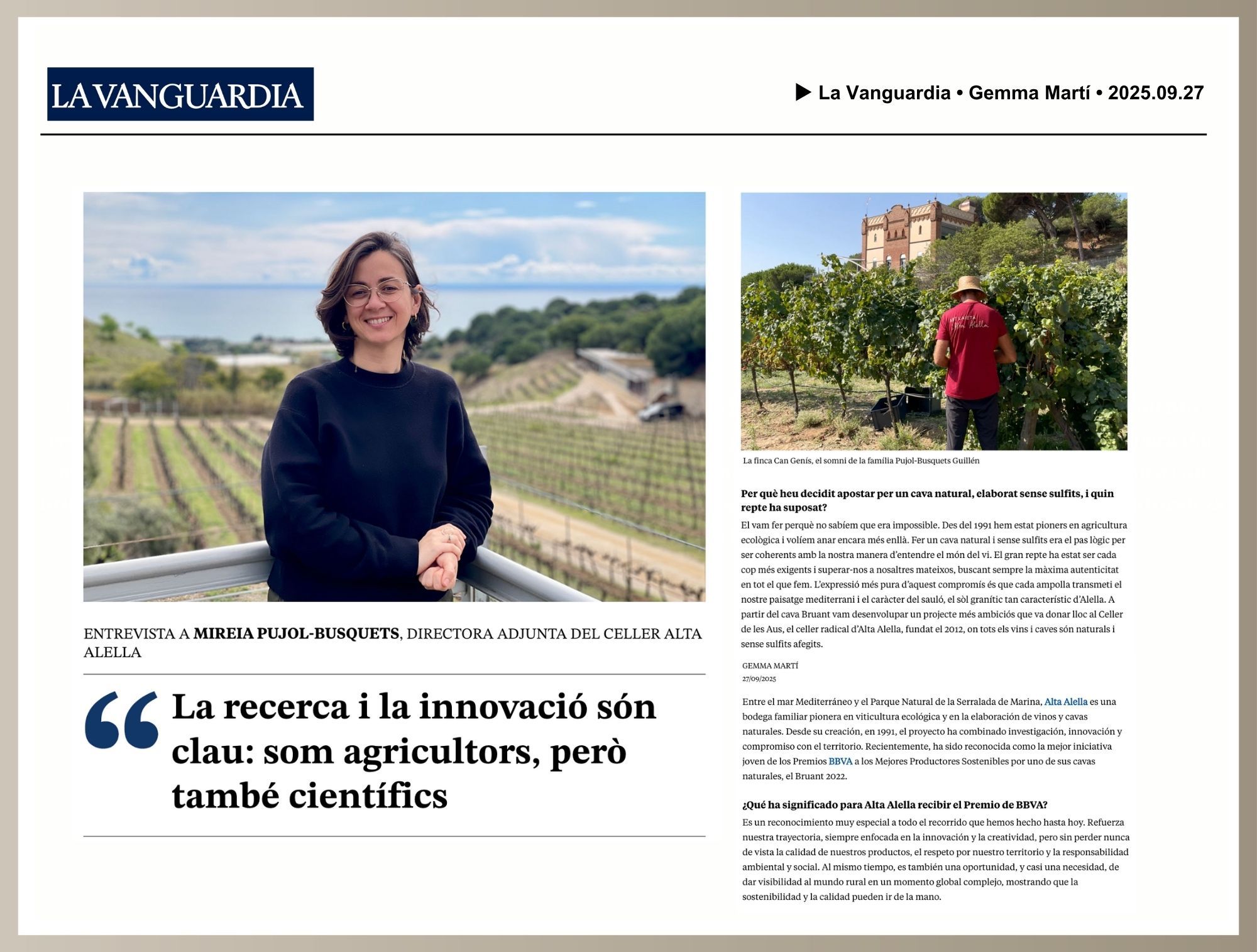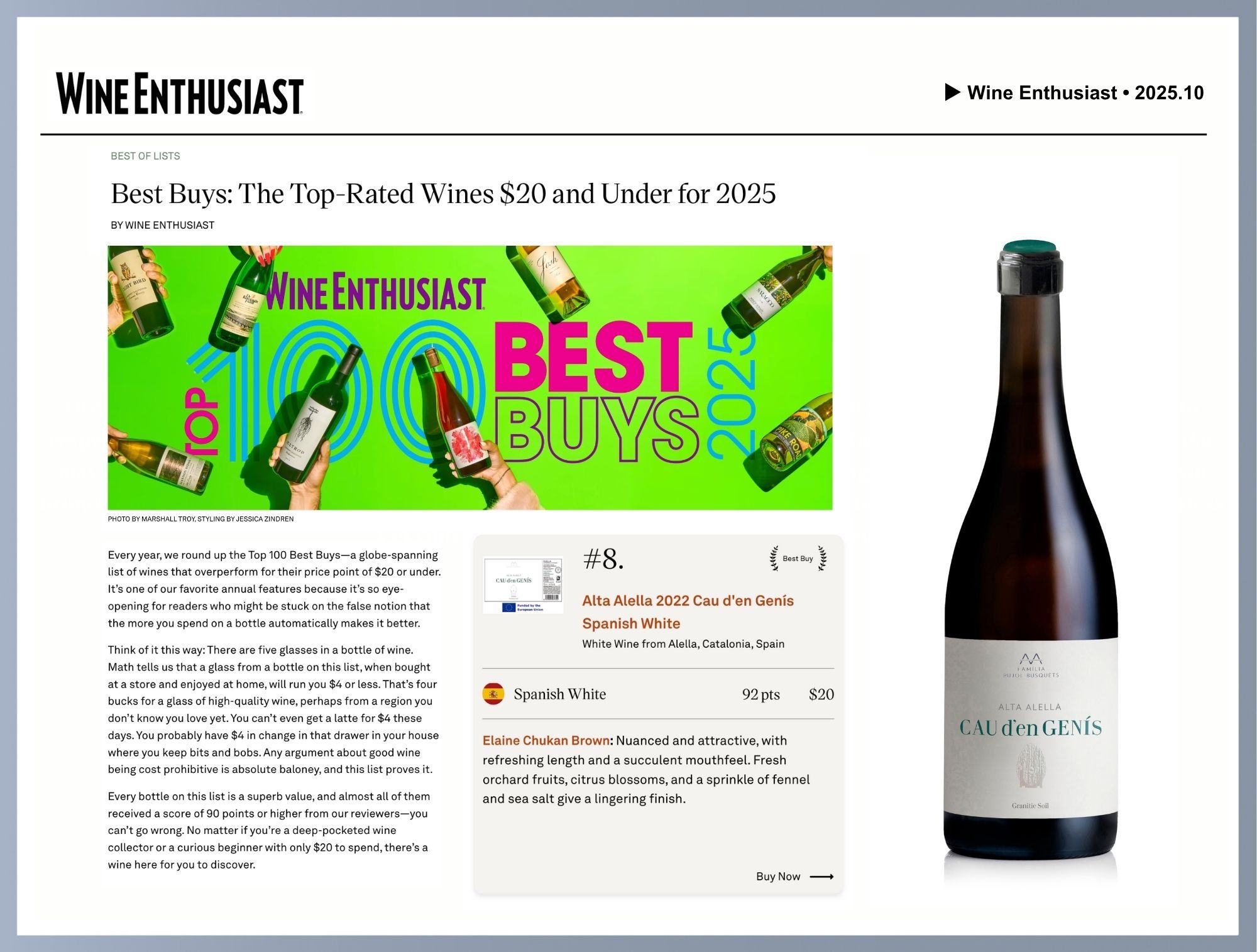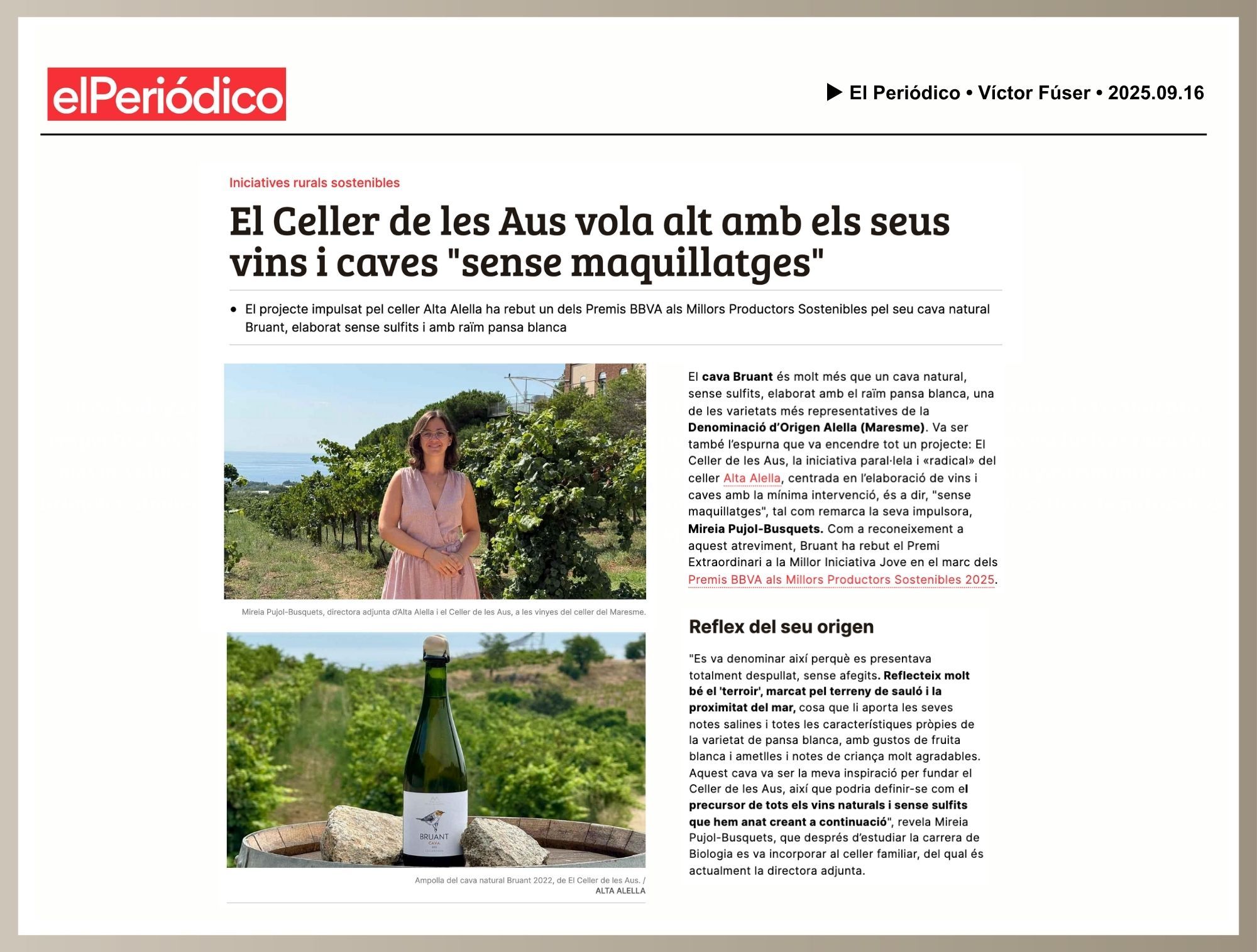-
AA 10 Gran Reserva 2014 and OPUS Paraje Calificado Vallcirera 2020 lead the ranking with 97 points, the highest score among all cavas in the guide.
-
In total, five Art Laietà wines have earned a place on the podium, including Exeo Evolució+ Gran Reserva 2007 (96), Exeo Paraje Calificado Vallcirera 2019 (95), and the 1981 Solera Ismael Manaut (95).
-
Art Laietà will present all wines and cavas rated above 90 points at the Salón Peñín de los Mejores Vinos de España, taking place on December 1st–2nd in Madrid.
At Art Laietà d’Alta Alella, we are proud to celebrate the excellent results obtained in the Guía Peñín 2026, where our wines and cavas have received scores that recognise our dedication, consistency, and deep connection to our land. The AA10 Gran Reserva 2014 and OPUS Paraje Calificado Vallcirera 2020 both achieved 97 points, the highest rating among cavas in the entire guide, placing us among the top wines in Spain. “Complex, toasted and full of character” is how the tasting panel describes AA10 Gran Reserva, a cava with a Gran Vin philosophy that has maintained a prominent position among the guide’s top-rated sparkling wines over the past five years.
In total, four Art Laietà cavas feature among the highest-rated in the Guía Peñín, with the addition of EXEO Evolució+ Gran Reserva 2007 (96 points) and EXEO Paraje Calificado Vallcirera 2019 (95 points). This milestone reaffirms the winery’s position as a benchmark in premium cava production. These are Integral Producer cavas that reflect the singularity of our terroir: the distinctive Sauló granite soil of Alella, the proximity to the Mediterranean, and our philosophy of crafting honest wines and cavas that express their true origin.
Library wines: authenticity and liquid memory
This year, we also celebrate the inclusion of one of our wines among the best in Spain: the 1981 Solera Ismael Manaut (95 points), a limited-edition Pansa Blanca wine from the Pujol-Busquets family. “Powerful, complex and elegant – with notes of dried fruit, toasted nuances and a long finish,” describes the guide. This special wine is a tribute to Ismael Manaut, an influential industrialist and entrepreneur of the DO Alella, and a key figure in Josep Maria Pujol-Busquets’ early steps in winemaking. Crafted in solera style, it has undergone 40 years of oxidative ageing in Bordeaux oak barrels, achieving remarkable depth and personality.
Another collector’s gem that stands out is Dolç Mataró 2010 (94 points), a sweet red wine made from the Mataró (Monastrell) variety, emblematic of the winery. Both, together with EXEO Evolució+, wines long held in the Pujol-Busquets family’s wine library, and are available in very limited quantities. These bottles represent the memory of the estate and the ability of Alella wines to age with elegance and authenticity.
Salón Peñín de los Mejores Vinos de España
Up to 12 more Art Laietà wines have received scores above 90 points. Among them, Lanius 2022 stands out with 94 points, the third-highest score among all Chardonnay wines in Spain. It captures the full character of our old Chardonnay vines grown on Sauló soils near the sea, aged in bottle at least for 12 months to enhance its complexity and evolution.
Other highly rated wines include: Mirgin Reserva 2021 (93 points), LAIETÀ Gran Reserva 2020 (92 points), Mirgin Rosé Reserva 2021 (91 points), LAIETÀ Rosé Gran Reserva 2020 (91 points), Cau d’en Genís 2023 White (92 points), Cau d’en Genís 2023 Red (92 points), Parvus Syrah 2023 (91 points), Etiris GX 2024 (91 points), Bruant 2018 (91 points), and Puput Pét-Nat 2024 (90 points).
All these wines and cavas will be available to taste at the Salón Peñín de los Mejores Vinos de España, held on December 1st–2nd at IFEMA Madrid. An excellent opportunity to share with professionals and wine lovers the result of years of dedication to our vineyards, artisan winemaking, and deep respect for our Mediterranean landscape.
